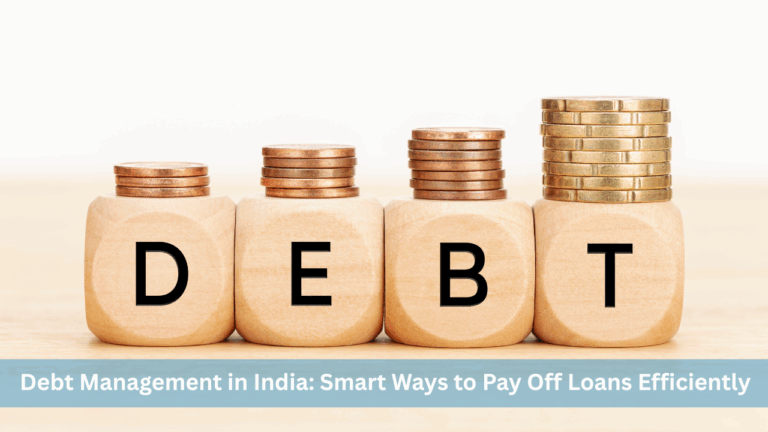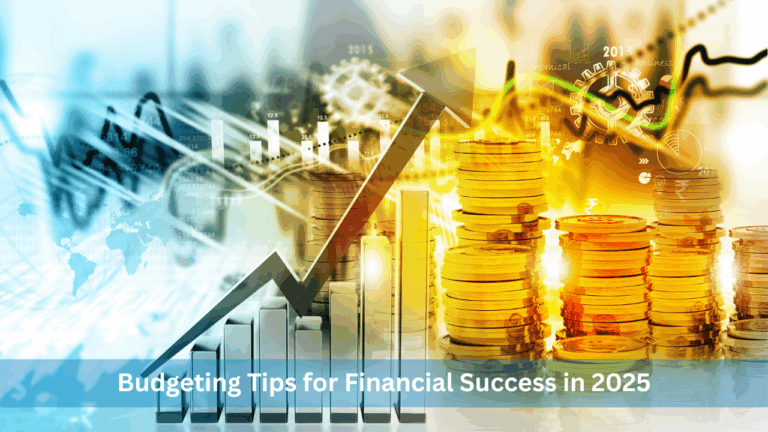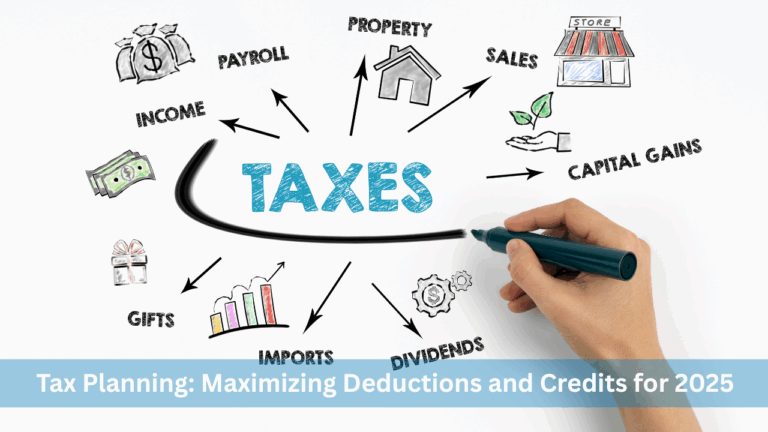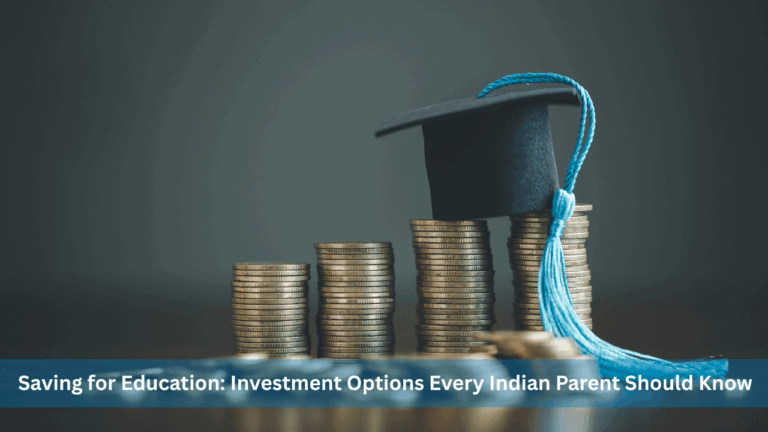Building an Emergency Fund: Why and How Every Indian Should Start Today
Life is unpredictable. Whether it is an unexpected medical expense, sudden job loss, or urgent home repair, financial emergencies can happen to anyone. Having a solid emergency fund can help you stay prepared and avoid stress during tough times. For many Indians, the idea of setting aside money specifically for emergencies is still not common. But building an emergency fund is a crucial step towards financial security and peace of mind.
In this article, we will explain what an emergency fund is, why it is important, how much you should save, and simple steps you can take to build one. This guide is designed to be easy to follow, especially for those who are just starting their financial journey. For more such helpful insights on personal finance, visit Your Story.
What Is an Emergency Fund?
An emergency fund is money that you set aside to cover unexpected expenses or financial hardships. Unlike your regular savings or investments, this fund is meant only for emergencies that require immediate attention. Examples include medical emergencies, sudden loss of income, urgent repairs, or any situation where you need money quickly.
The key feature of an emergency fund is that it is liquid and easily accessible. This means you can use it right away without penalties or delays.
Why Is Building an Emergency Fund Important?
- Financial Safety Net: Emergencies do not announce themselves in advance. Having a financial buffer helps you deal with these situations without taking on debt or selling important assets. It reduces the risk of falling into high-interest loans or credit card debt that can cause long-term financial damage.
- Avoiding Stress and Anxiety: Knowing that you have money set aside for emergencies gives you peace of mind. You can focus on solving the problem rather than worrying about where the money will come from.
- Protecting Your Long-term Goals: Without an emergency fund, you may be forced to dip into your investments or retirement savings. This can delay your financial goals and affect your future stability.
- Helps Maintain Stability During Job Loss: In uncertain economic times, job loss can happen. Having an emergency fund ensures that you can meet your monthly expenses while you look for new employment.
If you want to learn more about how to manage your finances wisely, check out detailed guides on Your Story.
How Much Should You Save in Your Emergency Fund?
Financial experts usually recommend saving between three to six months’ worth of essential expenses. Essential expenses include rent or home loan EMIs, groceries, utility bills, loan repayments, and other non-negotiable monthly costs.
For example, if your monthly expenses are ₹30,000, aim for an emergency fund between ₹90,000 and ₹1.8 lakh. If your income is irregular or you have dependents, consider increasing the amount to cover up to six months or more.
Steps to Build Your Emergency Fund
1. Set a Clear Goal
Start by calculating your monthly essential expenses. Based on that, decide on a target amount to save. Setting a clear goal gives you direction and motivation.
2. Open a Separate Savings Account
Keep your emergency fund separate from your regular savings. This reduces the temptation to spend it on non-emergencies and helps you track your progress more easily.
3. Save Consistently
Try to save a fixed amount every month, no matter how small. Even ₹500 or ₹1,000 monthly adds up over time. Automate the savings if possible, so the money moves directly into your emergency fund without extra effort.
4. Cut Down on Unnecessary Expenses
Review your monthly spending and find areas where you can reduce costs, such as eating out less, avoiding impulsive purchases, or switching to more affordable alternatives. The money saved can go towards your emergency fund.
5. Use Windfalls Wisely
Any bonuses, tax refunds, or unexpected income can be a great way to boost your emergency fund faster.
For more tips on saving and investing, visit Your Story.
Where Should You Keep Your Emergency Fund?
Your emergency fund should be safe and easily accessible. Some good options include:
- High-Yield Savings Accounts: These accounts offer better interest rates than regular savings accounts and allow quick access to your funds.
- Fixed Deposits with Withdrawal Facility: Some banks offer fixed deposits that allow premature withdrawals without penalties. This option gives you better returns while keeping your funds accessible.
- Liquid Mutual Funds: These funds invest in short-term securities and offer decent returns with the flexibility of quick redemption. However, there is some market risk involved.
When Should You Use Your Emergency Fund?
An emergency fund is only for genuine emergencies. Some examples include:
- Medical emergencies or urgent health expenses
- Sudden job loss or loss of income
- Essential home or vehicle repairs that cannot wait
Avoid using your emergency fund for planned expenses, vacations, or lifestyle upgrades. If you find yourself frequently dipping into this fund for non-emergencies, it may be time to revisit your budgeting and saving habits.
Replenishing Your Emergency Fund
If you do need to use your emergency fund, make it a priority to replenish it as soon as possible. Resume your regular monthly savings and consider allocating any additional income or bonuses to rebuild your fund quickly.
Conclusion
Building an emergency fund is one of the most important steps you can take for your financial wellbeing. It acts as a safety net, helping you manage unexpected challenges without stress or debt. Start small, be consistent, and gradually increase your fund until you reach your goal.
To stay updated with practical personal finance advice and investing tips suited for Indian readers, keep following Your Story. Your financial journey deserves guidance that is simple, clear, and trustworthy.
Remember, a well-planned emergency fund is not just money saved – it’s peace of mind secured. Begin your savings plan today with insights from Your Story.







